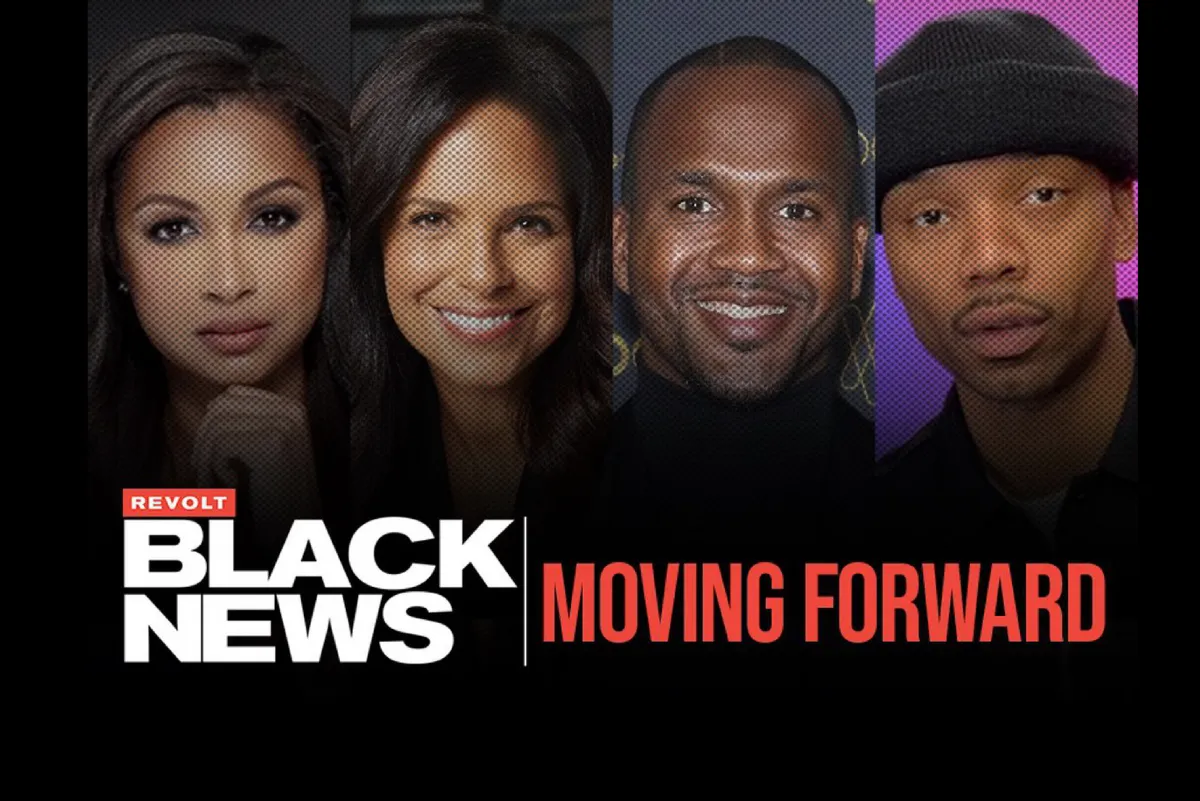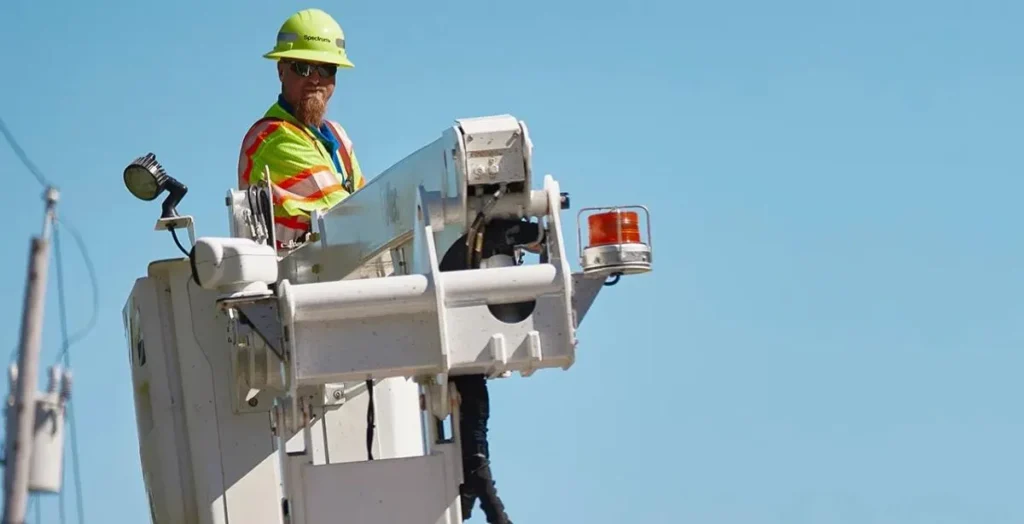“Mark Twain has a quote, ‘the two most important days in a person’s life are the day you are born, and the day you find out why’—why you are here on this earth,’” said Detavio Samuels, COO for REVOLT Media & TV. For Samuels, never had that quote resonated more than it did this year. As tumultuous as this year has been, Samuels believes that the network’s ‘why’ moment arrived in 2020. He explained at this year’s NAMIC conference last month, “REVOLT TV was born in 2013, seven years ago, but it wasn’t until these two global pandemics hit our audience at the same time that we truly discovered our ‘why.’” He continued, “When COVID hit and nobody was talking about the difference between the impact on Black and Brown communities and everybody else, REVOLT launched a phenomenal, star-studded, expert panel—State of Emergency—just to talk about what Black and Brown people were going through.”
Starting as the new COO at the beginning of June this year, Samuels hit the ground running. “Prior to May, REVOLT had done 0% of social justice content. By the time I stepped foot in the door, this team had pivoted and shifted and we were doing 100% social justice. Social justice became our reason, ‘why.’”
Founded in 2013 by Sean Combs, REVOLT is a cable network focused on hip-hop music and culture. But it has bigger goals beyond music. “The bedrock of REVOLT has always been Black ownership and creating content for the culture. Those two things are always at the front of what we do,” explained Eboni Williams, a co-host of REVOLT’s State of the Culture and host of REVOLT Black News.
The network hasn’t had an easy journey. “The key challenge for me is to be a Black business in 2020. The economics are not set up in our favor,” Samuels explained. “A good made-for-TV movie might cost a million dollars. Well, you can spend that million dollars and go after 300 million Americans, but when you’re a small Black media company, you don’t have those same budgets, but the cost of producing the great Black movie is still the same. So regardless if you’re going after 350 million Americans or whether you’re going after 50 million Americans, the cost to produce that content is the same.”
Samuels credits REVOLT’s positive relationships with key advertisers, with affiliates like Comcast, as well as with investors, for the network’s success. “Unless those people come in and say ‘we see the value, we see the need, we see the culture of the moment and we are going to fund those people best capable of telling the stories this audience needs. Unless those people show up for us, we can’t do our job.”
“When the pandemic hit, we realized we had an upper hand,” explained Cherisse McKenzie, head of production at REVOLT Media & TV. Precisely because they lacked the in-house resources of larger networks, REVOLT was already familiar with remote production. “When we were figuring out how to do State of the Culture remote … it was a very easy pivot at first. Now that everybody has moved into this space, and larger networks have moved in, there is tons of new technology that has come on the market that makes the experience even better … but it also has given us some room to be even more creative.”
The future looks promising for REVOLT, but Samuels looks beyond the network and into the media ecosystem. “We need the free Black press more than ever before, there’s only a handful of [media businesses] specifically that are Black [owned.] You don’t get the volume of content produced that this audience needs,” said Samuels. “REVOLT has seen that opening, we’ve seen that space and are committed to filling that gap.”








